Towering ambition: Why autocratic nations get high on skyscrapers
Dictatorships build 1.6 more skyscrapers per year than democracies, research finds
A free daily email with the biggest news stories of the day – and the best features from TheWeek.com
You are now subscribed
Your newsletter sign-up was successful
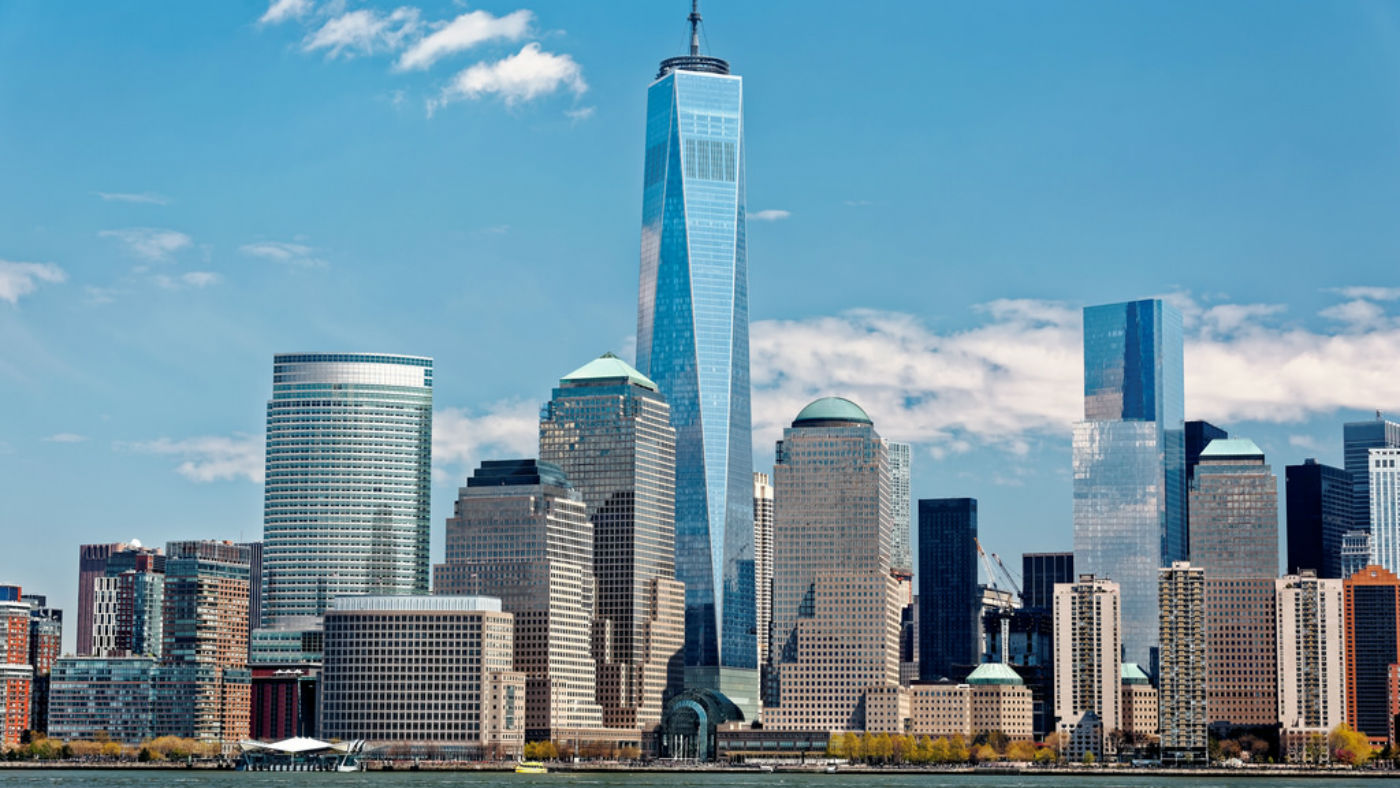
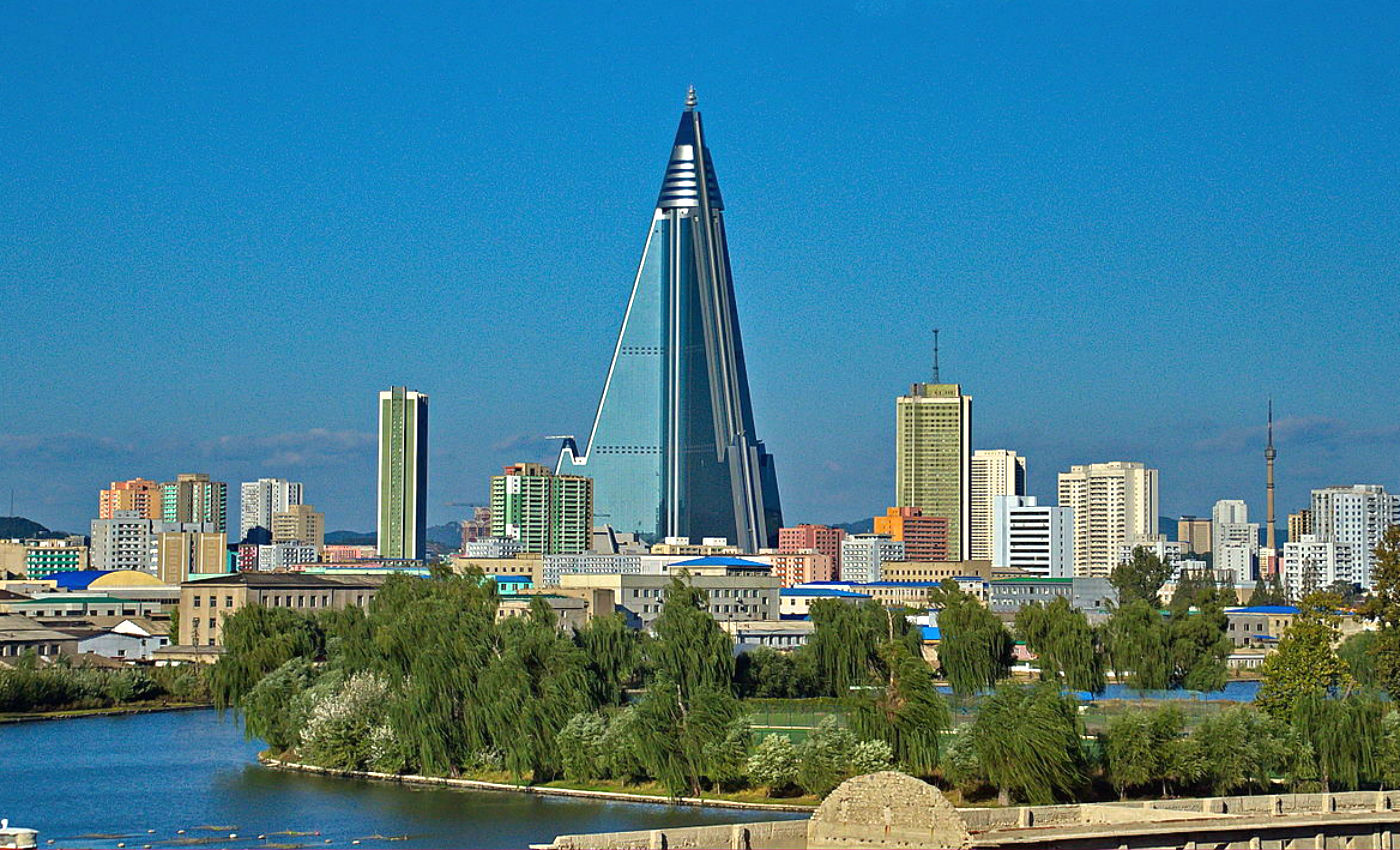
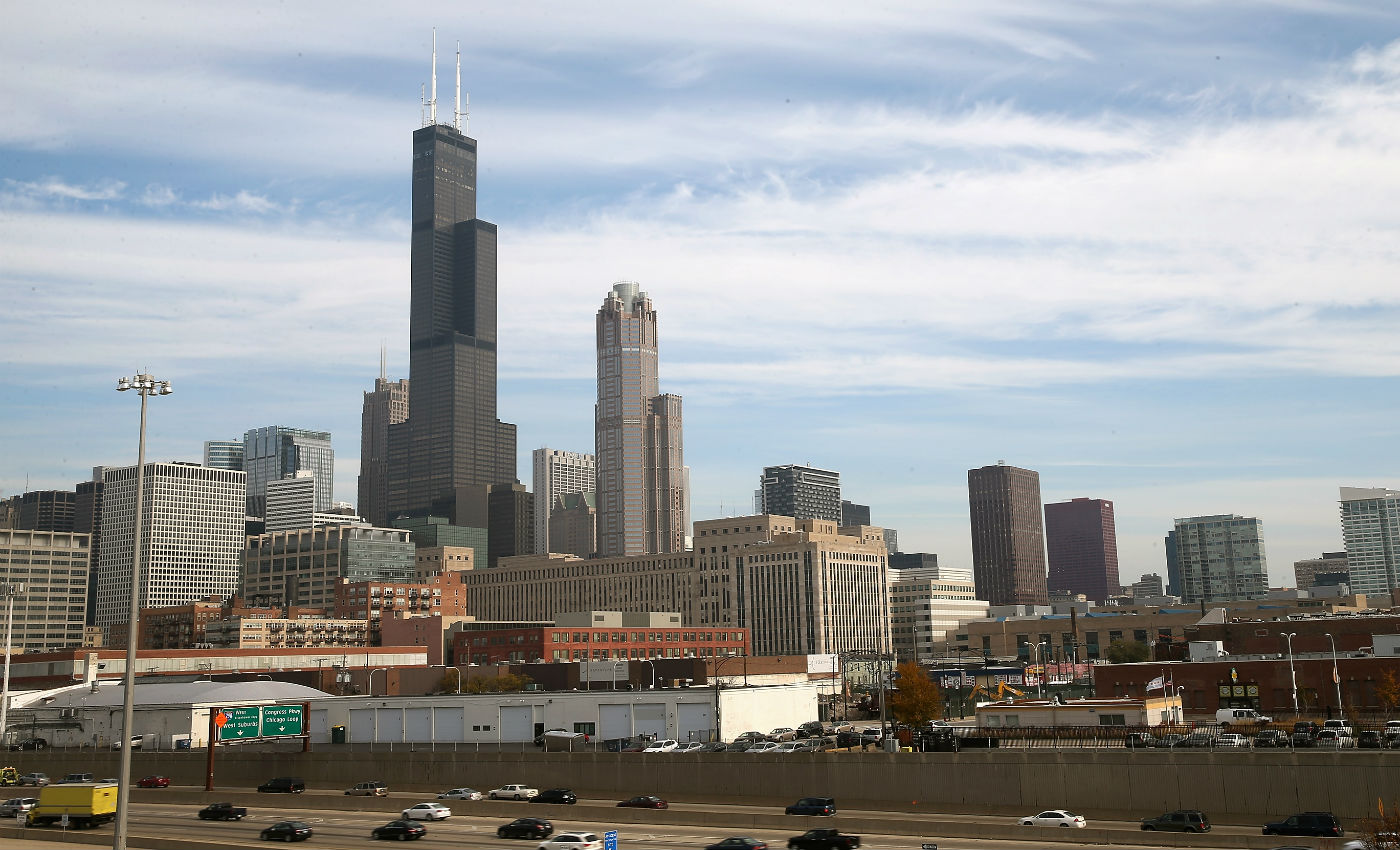
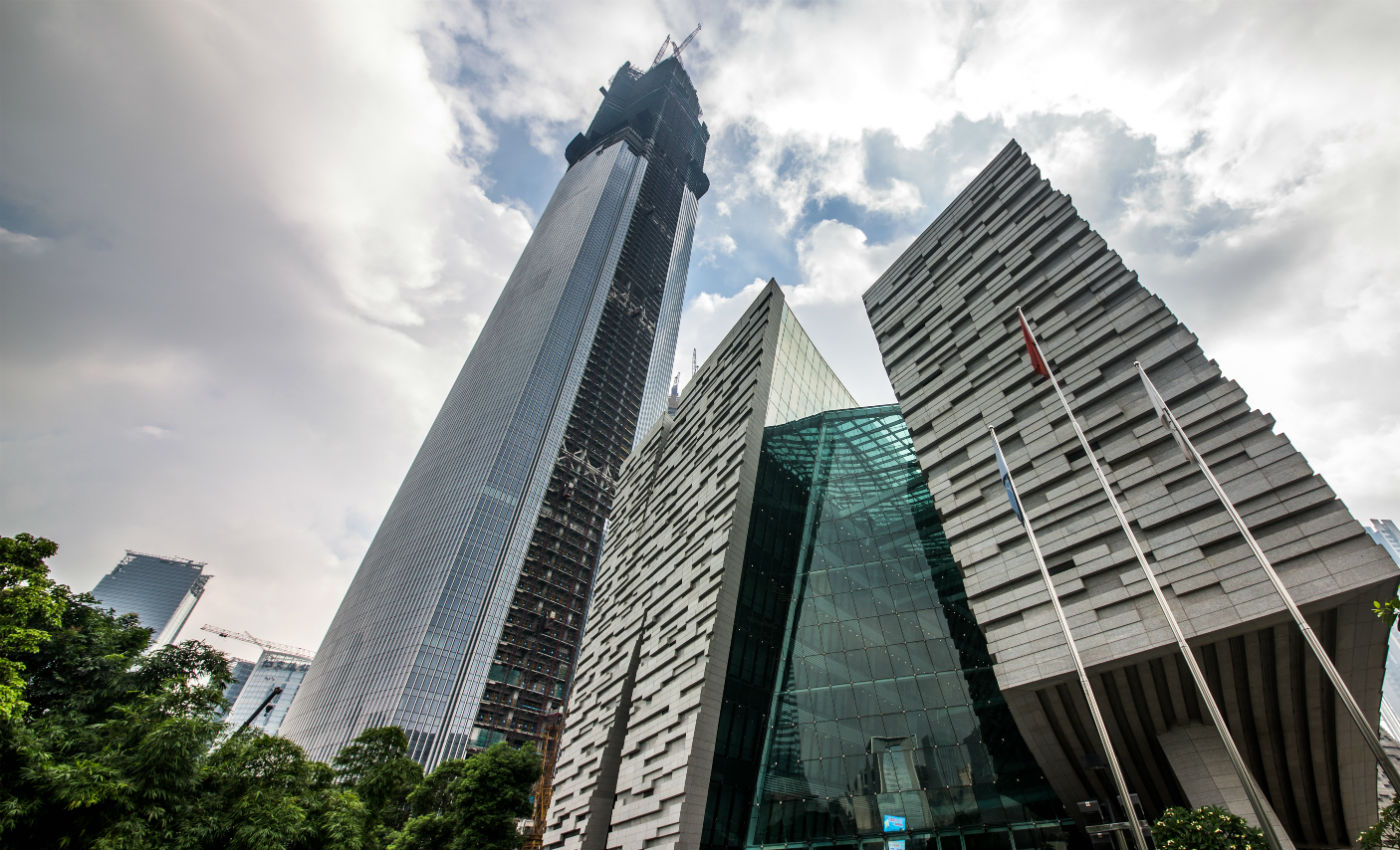
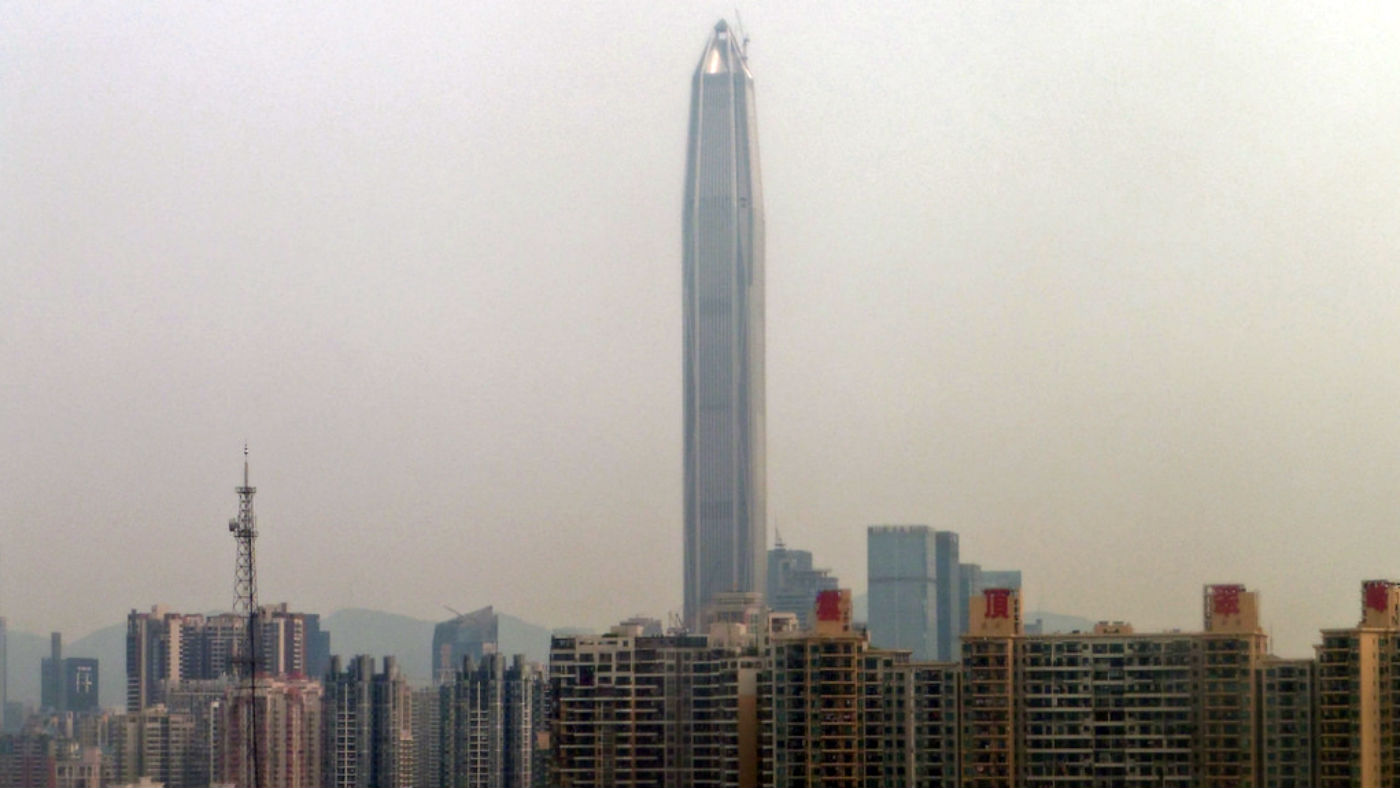
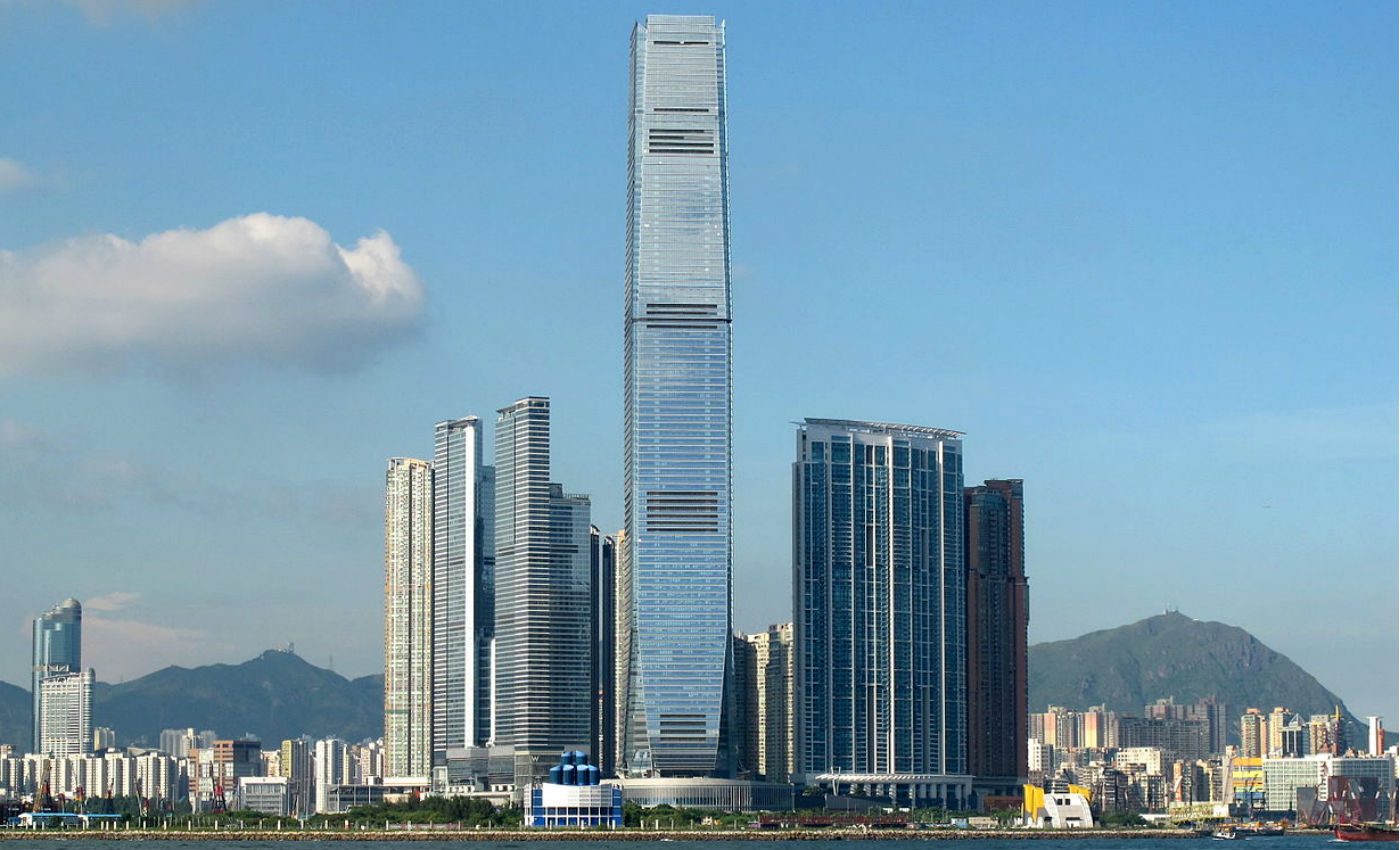
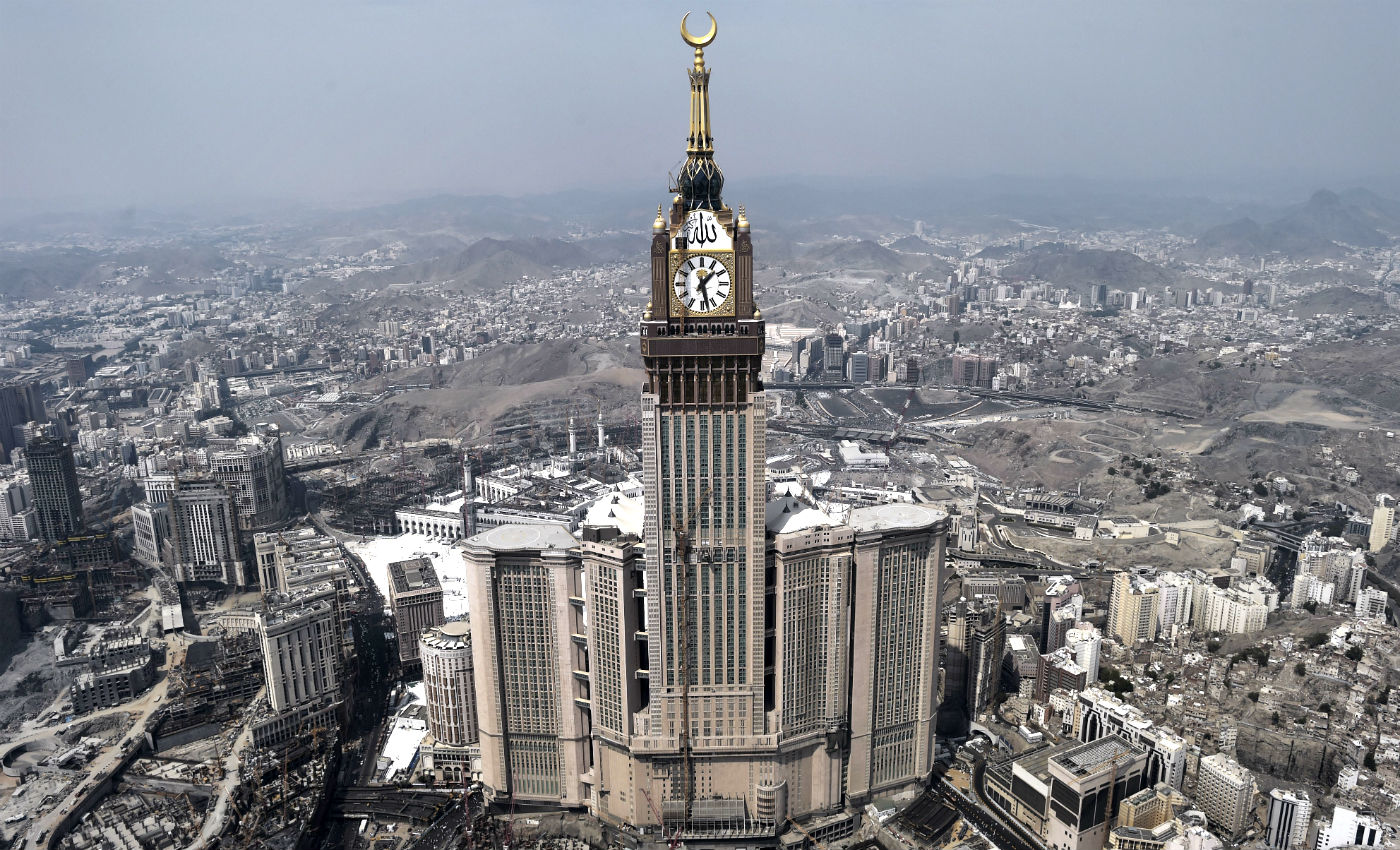
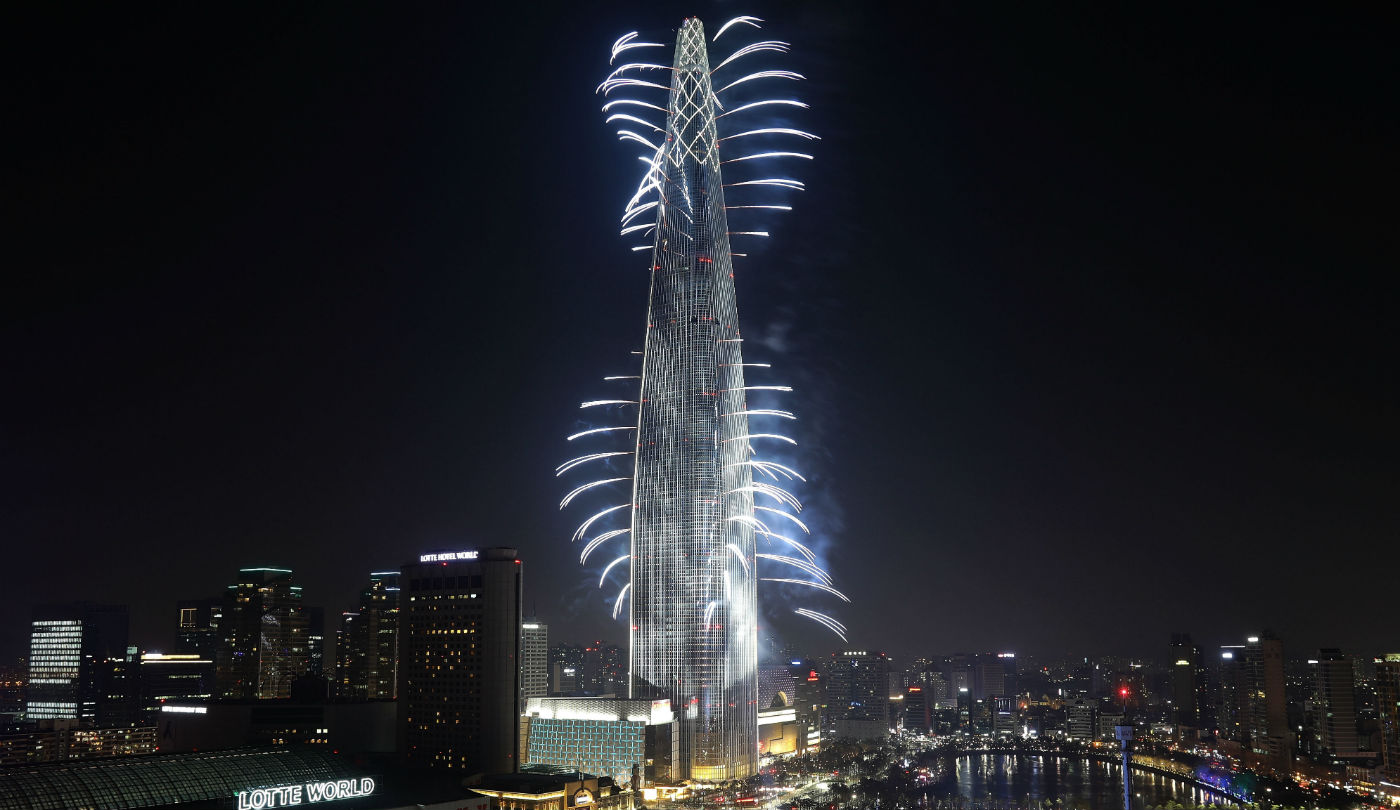
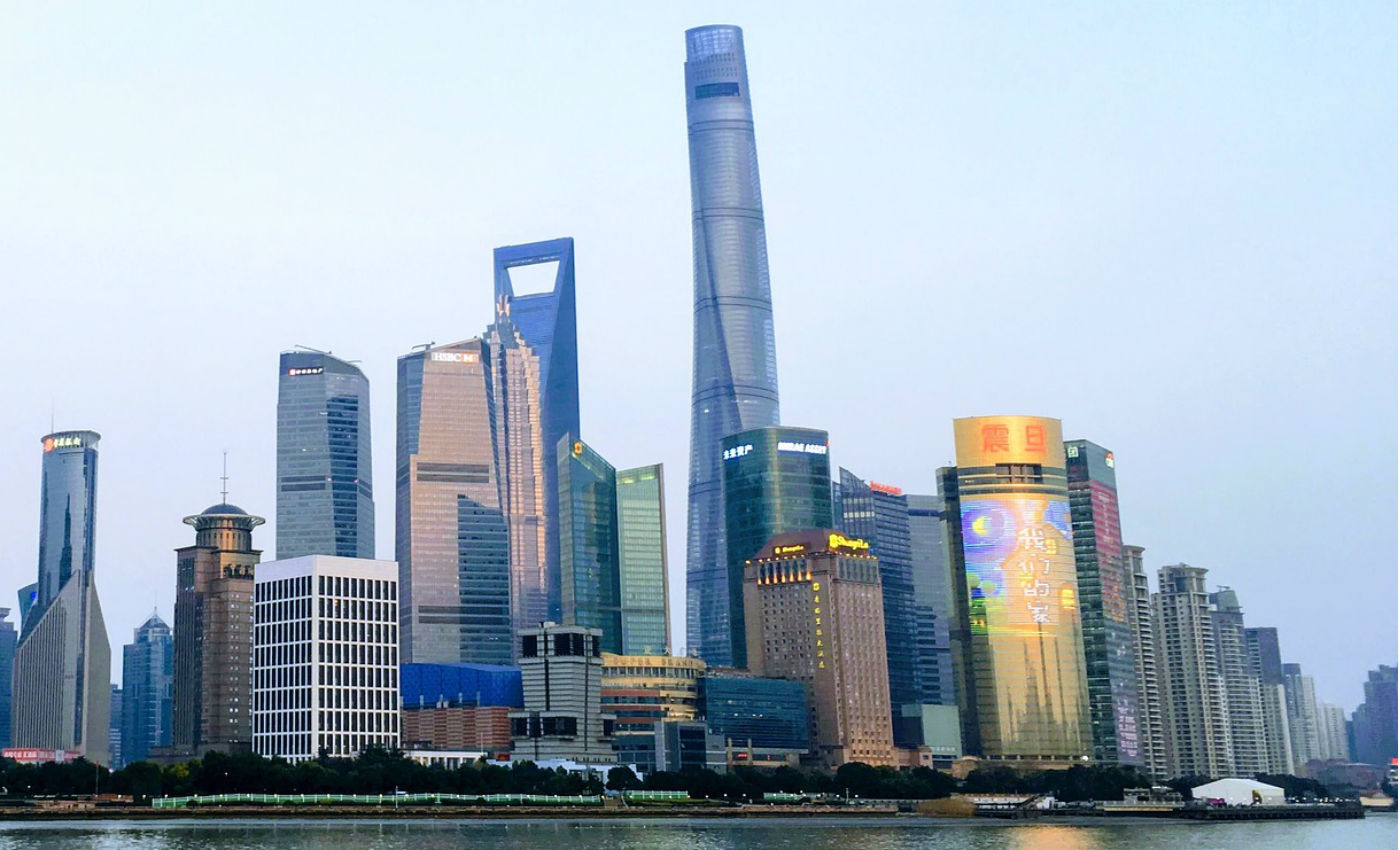
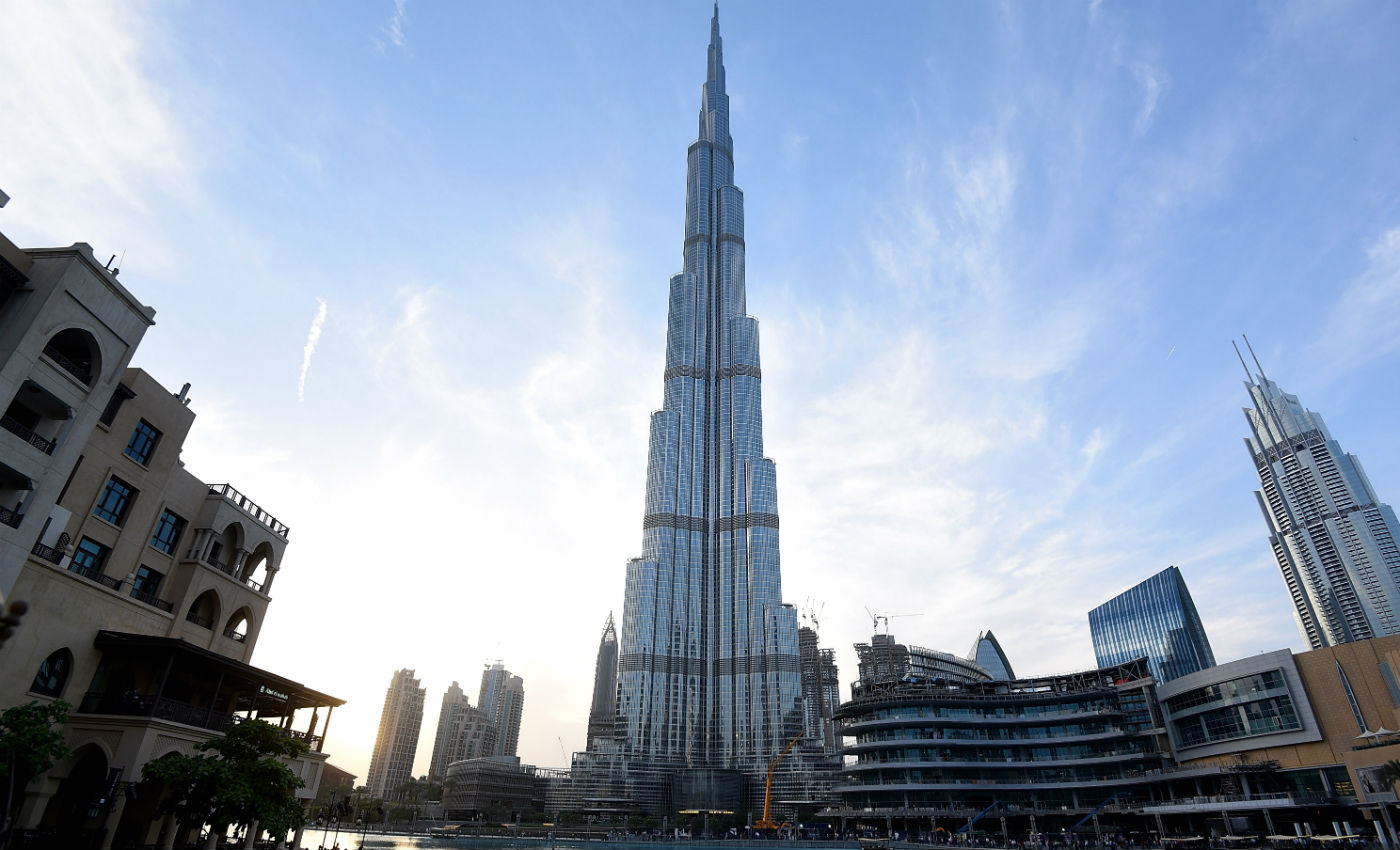
When it comes to creating skyscrapers, dictatorships are head and shoulders above democracies, according to a new research paper.
University of Oslo political scientists Haakon Gjerlow and Carl Henrik Knutsen crunched the numbers and found that a harsh authoritarian leader is worth about 150m of high-rise construction per year.
Or, to put it another way, Knutsen and Gjerlow write, the least free nations build an average of 1.6 more skyscrapers a year than strong democracies.
The Week
Escape your echo chamber. Get the facts behind the news, plus analysis from multiple perspectives.

Sign up for The Week's Free Newsletters
From our morning news briefing to a weekly Good News Newsletter, get the best of The Week delivered directly to your inbox.
From our morning news briefing to a weekly Good News Newsletter, get the best of The Week delivered directly to your inbox.
The Norwegian capital is a good example of the phenomenon. Oslo has no buildings meeting the researchers' definition of a skyscraper as a building more than 150m (492ft) tall, but Norway enjoys a perfect score of 100 on Freedom House's global index of political and civil liberties.
At the other end of the scale, Dubai's Burj Khalifa in the United Arab Emirates (Freedom House score: 20) is set to be overtaken as the tallest building in the world by the Jeddah Tower in Saudi Arabia (Freedom House score: 10).
Of the 128 buildings exceeding 200m (656ft) completed worldwide last year, 84 were built in China, which has a Freedom House score of 15 due to government repression, state surveillance and the persecution of ethnic and religious minorities.
The structure of high-rise architecture is different in free and unfree nations.
A free daily email with the biggest news stories of the day – and the best features from TheWeek.com
Knutsen and Gjerlow found that skyscrapers built in autocratic states tend to have more "vanity space" – the distance between the highest floor and the physical peak of the building, which serves no function beyond adding extra height.
Five of the ten skyscrapers with the most vanity space are located in Dubai, with three more in China and two in the US.
While it's hard to quantify which skyscrapers serve a purpose and which are merely "white elephants", the study found that autocratic rulers "are more likely to construct tall buildings even in the absence of clear economic incentives," says Bloomberg.
Gjerlow says that for ambitious dictators keen to put themselves and their nation in the spotlight, constructing huge edifices is a natural, if crude, way to secure attention.
"It could just be that they think the building is cool, or it could be that building has the power to put them on the international stage," he said.
Handing out lucrative construction contracts is also a useful way for a corrupt regime to secure and reward its allies, he added.
-
 Local elections 2026: where are they and who is expected to win?
Local elections 2026: where are they and who is expected to win?The Explainer Labour is braced for heavy losses and U-turn on postponing some council elections hasn’t helped the party’s prospects
-
 6 of the world’s most accessible destinations
6 of the world’s most accessible destinationsThe Week Recommends Experience all of Berlin, Singapore and Sydney
-
 How the FCC’s ‘equal time’ rule works
How the FCC’s ‘equal time’ rule worksIn the Spotlight The law is at the heart of the Colbert-CBS conflict
-
 Frank Gehry: the architect who made buildings flow like water
Frank Gehry: the architect who made buildings flow like waterFeature The revered building master died at the age of 96
-
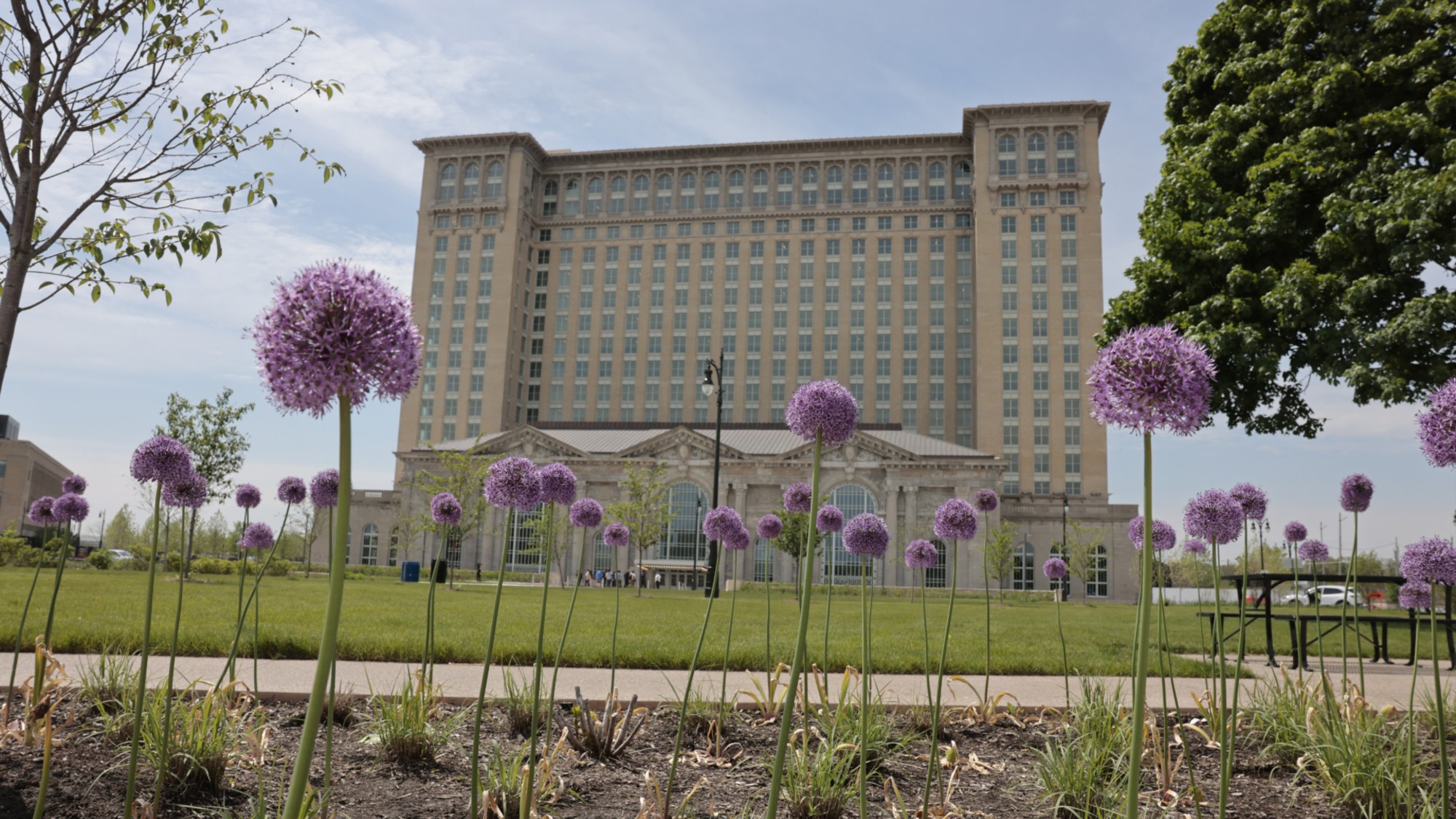 Decrepit train stations across the US are being revitalized
Decrepit train stations across the US are being revitalizedUnder the Radar These buildings function as hotels, restaurants and even museums
-
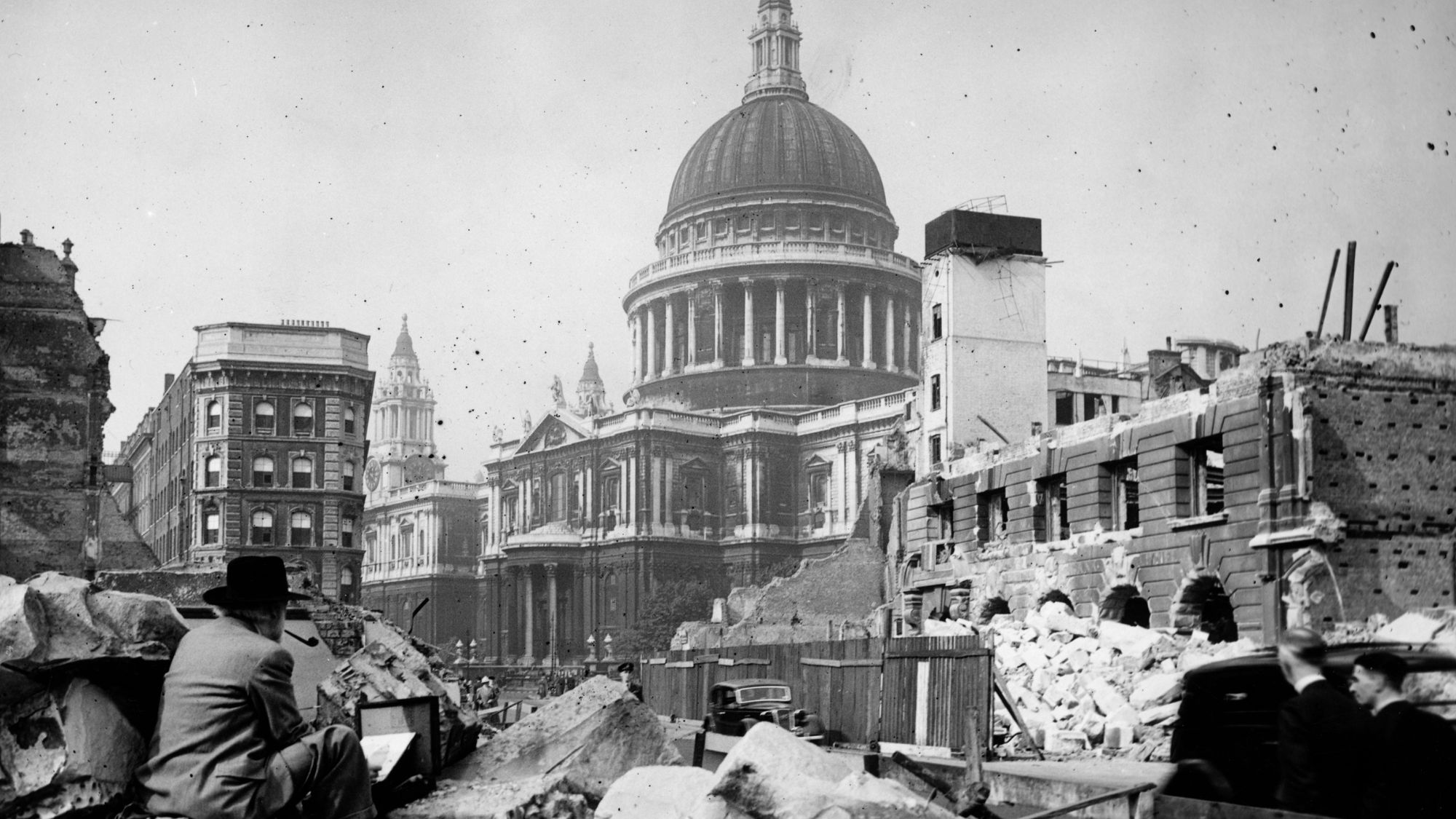 A Short History of British Architecture: Simon Jenkins' book 'gallops along'
A Short History of British Architecture: Simon Jenkins' book 'gallops along'The Week Recommends Simon Jenkins makes history come to life while describing his own interactions with architecture
-
 Mexico City travel guide: art and design
Mexico City travel guide: art and designThe Week Recommends Modern vibrancy, design legacy and ancient heritage puts Mexico's jewel alongside other art capitals of the world
-
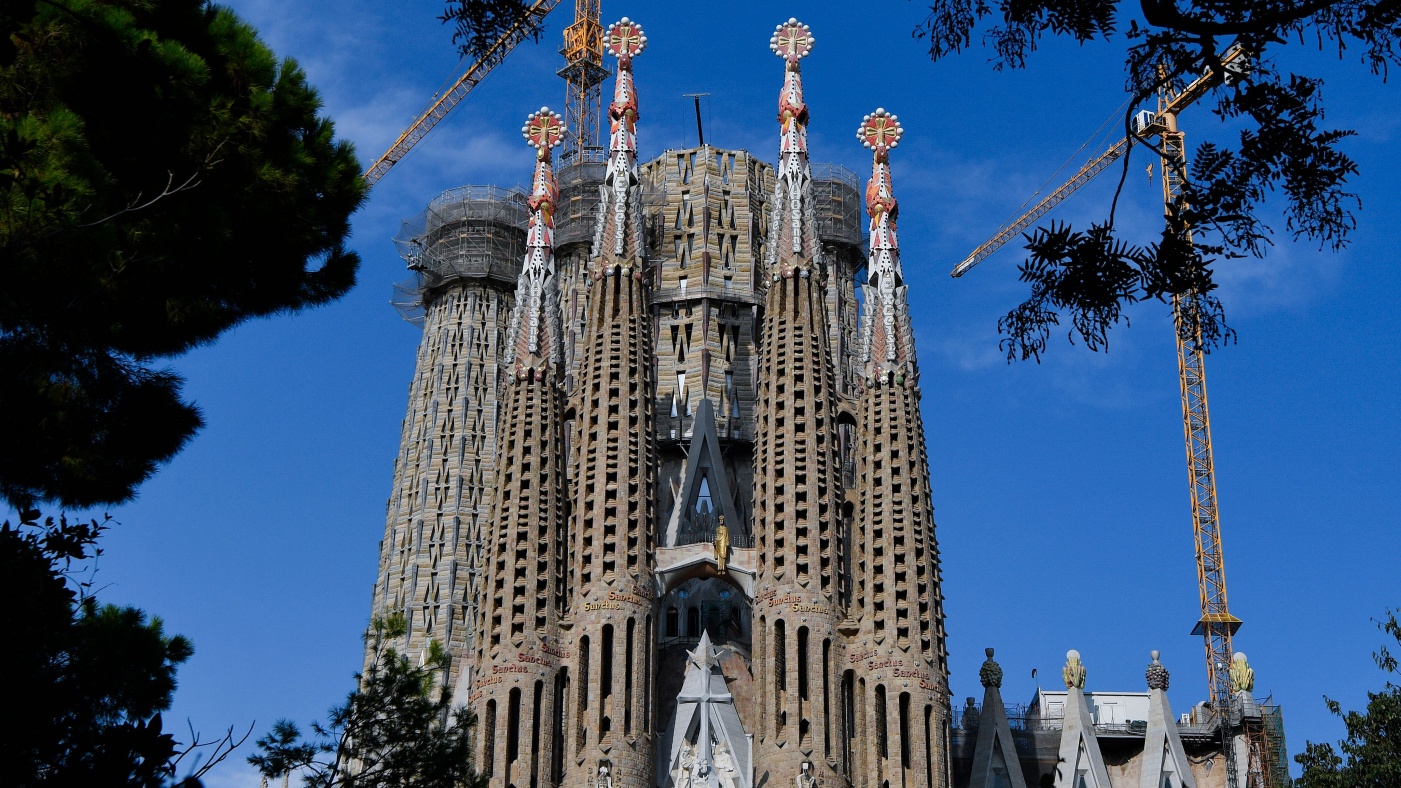 The building of Barcelona's Sagrada Familia
The building of Barcelona's Sagrada FamiliaIn Pictures The iconic Barcelona cathedral is nearing completion after over 140 years of construction
-
 Sport on TV guide: Christmas 2022 and New Year listings
Sport on TV guide: Christmas 2022 and New Year listingsSpeed Read Enjoy a feast of sporting action with football, darts, rugby union, racing, NFL and NBA
-
 House of the Dragon: what to expect from the Game of Thrones prequel
House of the Dragon: what to expect from the Game of Thrones prequelSpeed Read Ten-part series, set 200 years before GoT, will show the incestuous decline of Targaryen
-
 One in 20 young Americans identify as trans or non-binary
One in 20 young Americans identify as trans or non-binarySpeed Read New research suggests that 44% of US adults know someone who is transgender